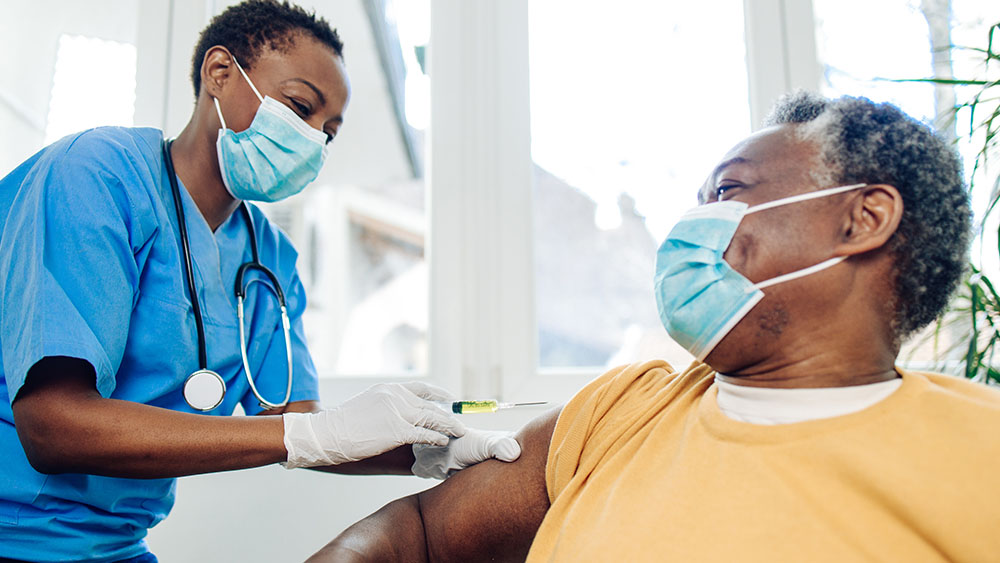
Because some people with immune conditions aren’t responding to current COVID-19 vaccine regimens, researchers are exploring new ways to boost their immune response, including additional vaccine doses.

Because some people with immune conditions aren’t responding to current COVID-19 vaccine regimens, researchers are exploring new ways to boost their immune response, including additional vaccine doses.
What you need to know
It is estimated that up to 41 million people in the United States suffer from autoimmune diseases, which prompt their immune systems to mistakenly attack organs and tissues. These diseases — such as type 1 diabetes and rheumatoid arthritis — are often treated with medicines that reduce immune system activity.
Vaccines work by triggering a strong immune response, making antibodies that help the body recognize and fight bacteria and viruses. However, researchers have found that many people with autoimmune diseases are not responding to the current COVID-19 vaccine regimens, and this lack of response puts them at risk of severe infection. A new trial sponsored and funded by the National Institute of Allergy and Infectious Diseases (NIAID) is looking at ways to help people with autoimmune diseases benefit from COVID-19 vaccines.
What are the researchers doing?
As part of the Phase 2 trial, researchers are enrolling approximately 600 people age 18 years and older at 15 to 20 sites around the country. People are eligible for the study if their immune systems did not respond to one of the approved vaccine regimens or if they had a weak response. The study includes people being treated for one of five autoimmune diseases: multiple sclerosis, pemphigus, rheumatoid arthritis, systemic lupus erythematosus, and systemic sclerosis. The immunosuppressive therapies commonly taken by people with these diseases have been associated with poor immune responses to vaccines.
All participants in the study receive an additional dose (booster vaccination) of the same COVID-19 vaccine they originally received. Participants are then assigned at random to either continue their immune-suppressing medication as usual or briefly pause their medication. Researchers will measure each person’s antibody response after four weeks and see which group has the better response. Preliminary results are expected in November 2021.
Why is this research important?
COVID-19 vaccines were rigorously tested for people with healthy immune systems. The answers from this study are needed to ensure that people with autoimmune diseases can be protected from SARS-CoV-2, the virus that causes COVID-19.
Where can I go to learn more?
NIH Launches Study of Extra COVID-19 Vaccine Dose in People With Autoimmune Disease
-
NIAID announced the launch of a study looking at the potential benefits of an extra dose of COVID-19 vaccines for people with autoimmune conditions.
COVID-19 Booster Vaccine in Autoimmune Disease Non-Responders
-
Information about this study and how to participate.
-
Frequently asked questions about vaccine research in general and the COVID-19 vaccines.
Sources
National Institutes of Health. (2020). Autoimmunity may be rising in the United States. Accessed October 6, 2021, from https://www.nih.gov/news-events/news-releases/autoimmunity-may-be-rising-united-states.

News and Stories
Read stories about the efforts underway to prevent, detect, and treat COVID-19 and its effects on our health.
 An official website of the United States government
An official website of the United States government

